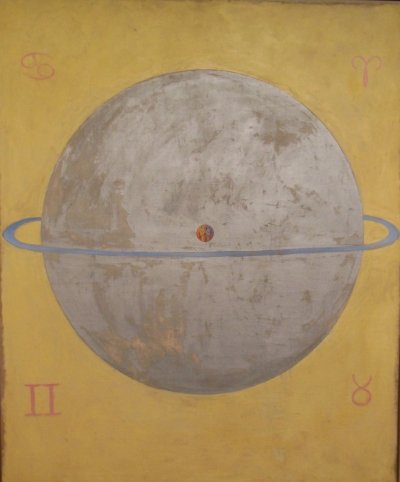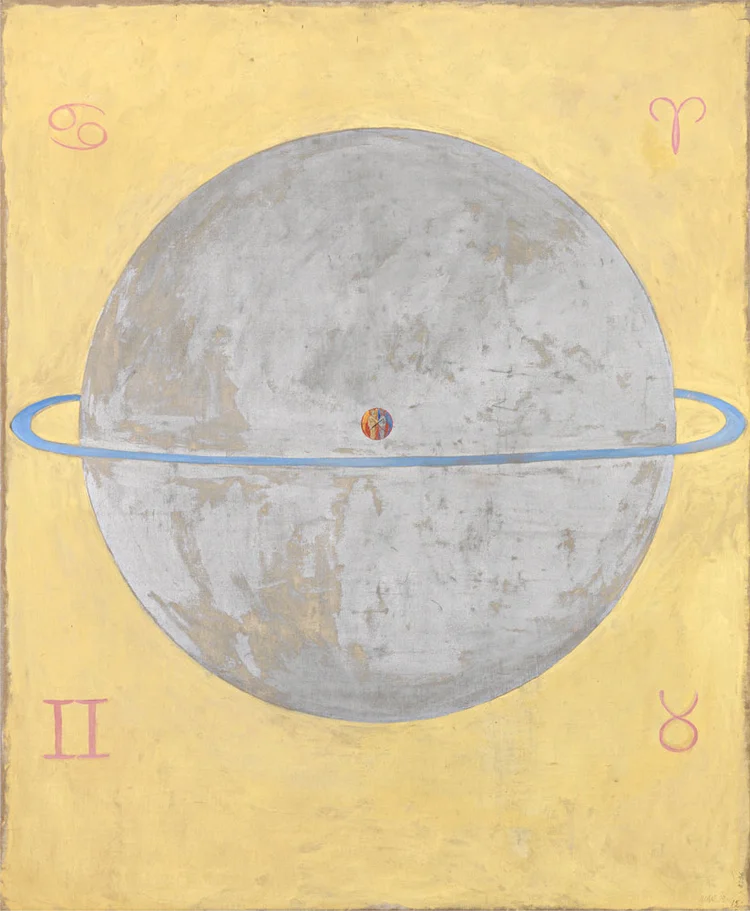Since the Renaissance and the Baroque man was seen as a microcosmos, as a stage, dominated by the same forces and powers that guided the universe but endowed with a free will. Antiquity had deified the planets and each one of them was literally seen as a god, emanating powerful influences that could change the course of human life. The word influence, C.S.Lewis remarked, has lost much of its power and has become by now only a vague and abstract word: for the Renaissance and the Baroque - not for the Middle Ages - the influence of the planets meant a kind of magnetism that connected the material and the spiritual world. Mendez Plancarte, in his overzealousness, tried to play down Sor Joana’s belief in astrology. But in fact it was the majority, in Europe as well as in the New World: the intellectuals included, that still held this belief in astrology. “The orthodox theologians accepted the theory that the planets did not only influence the events and the human psyche but also the live of plants and minerals”.
The church was not against astrology but against a planetary determinism that would contradict free will, and she persecuted as well divination and worship of the celestial bodies (astrolatry). Basically, the problem with which the church was confronted was not so different from what all people experienced from the moment when they began to ponder their wondrous fate on earth: freedom or determination.
Octavio Paz, ‘Sor Joana Inez de la Cruz, Or: the Traps of Faith', 1990 (translation C.C.)
Sor Joana de la Cruz (1651-1695), scholar and poet


